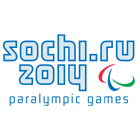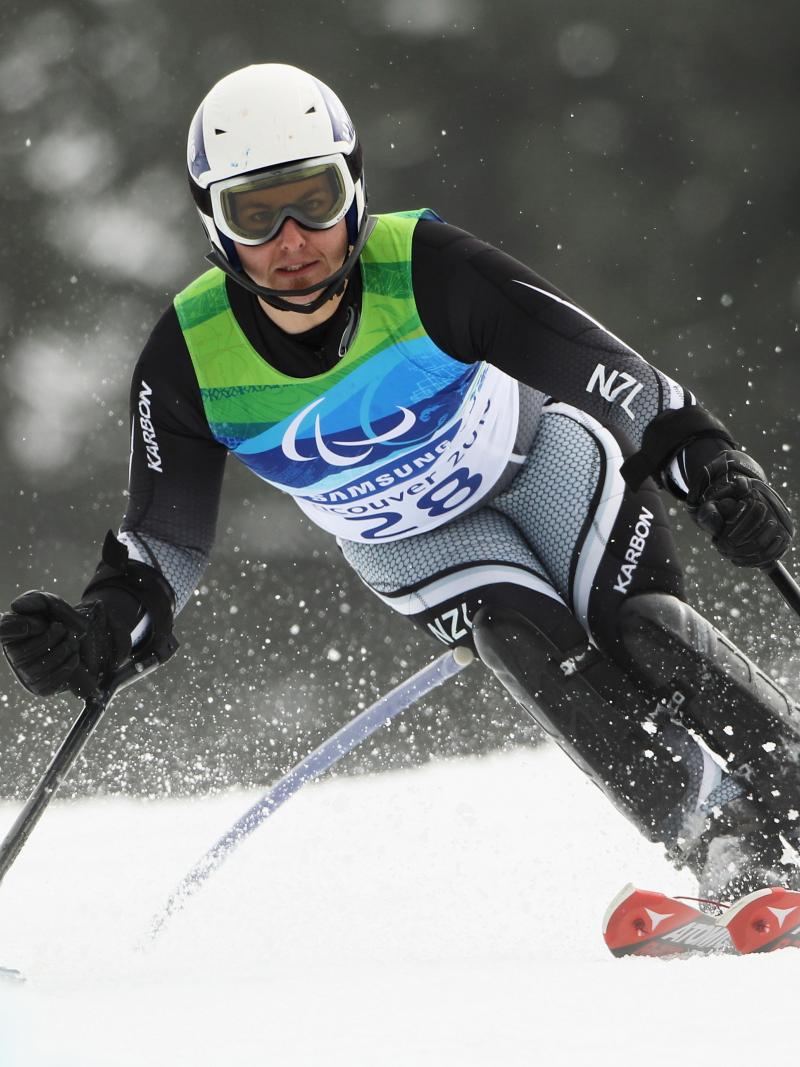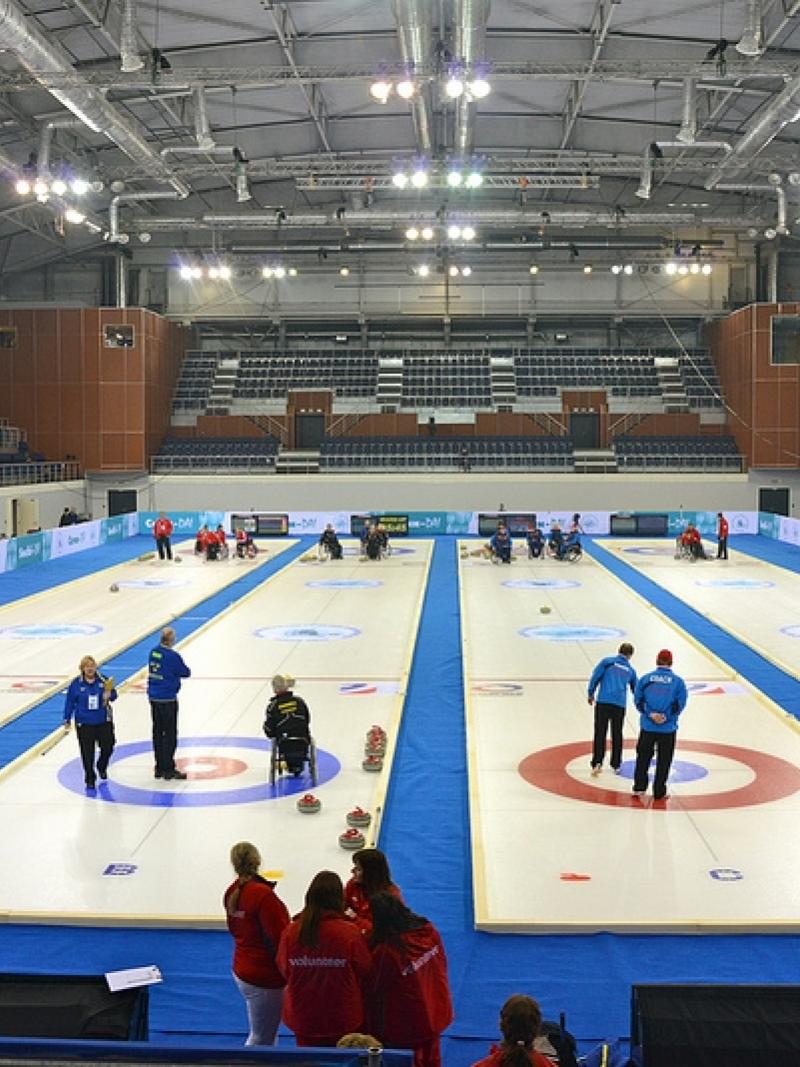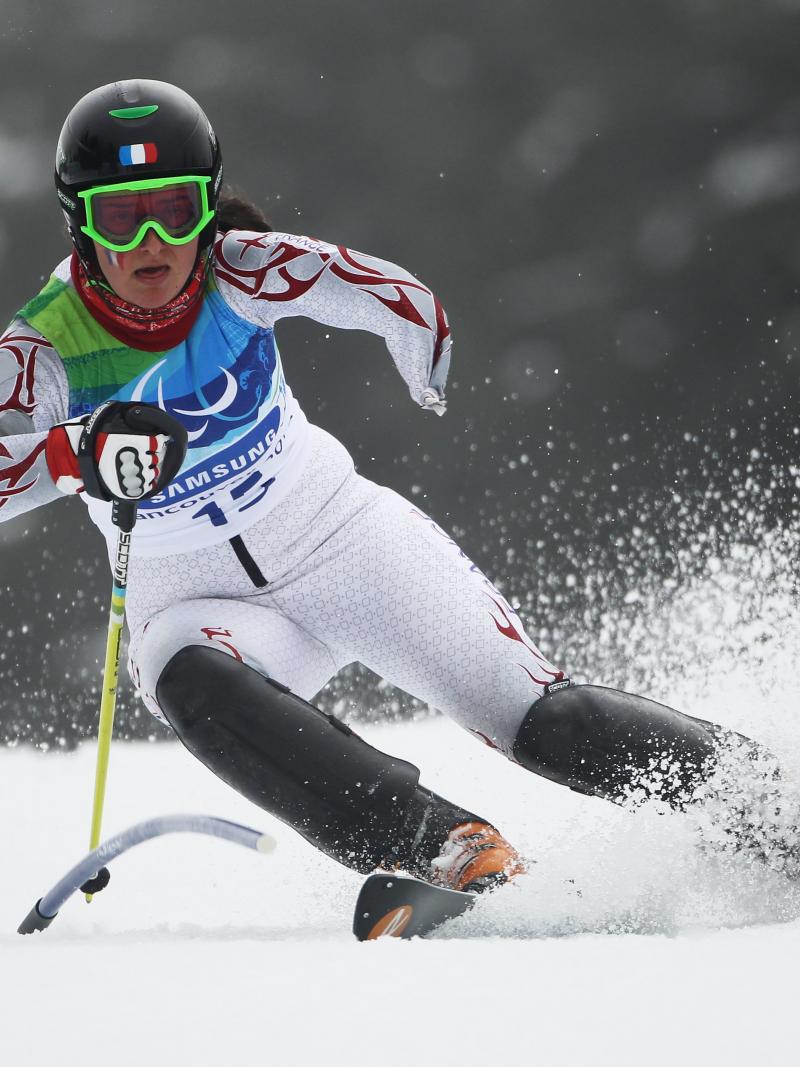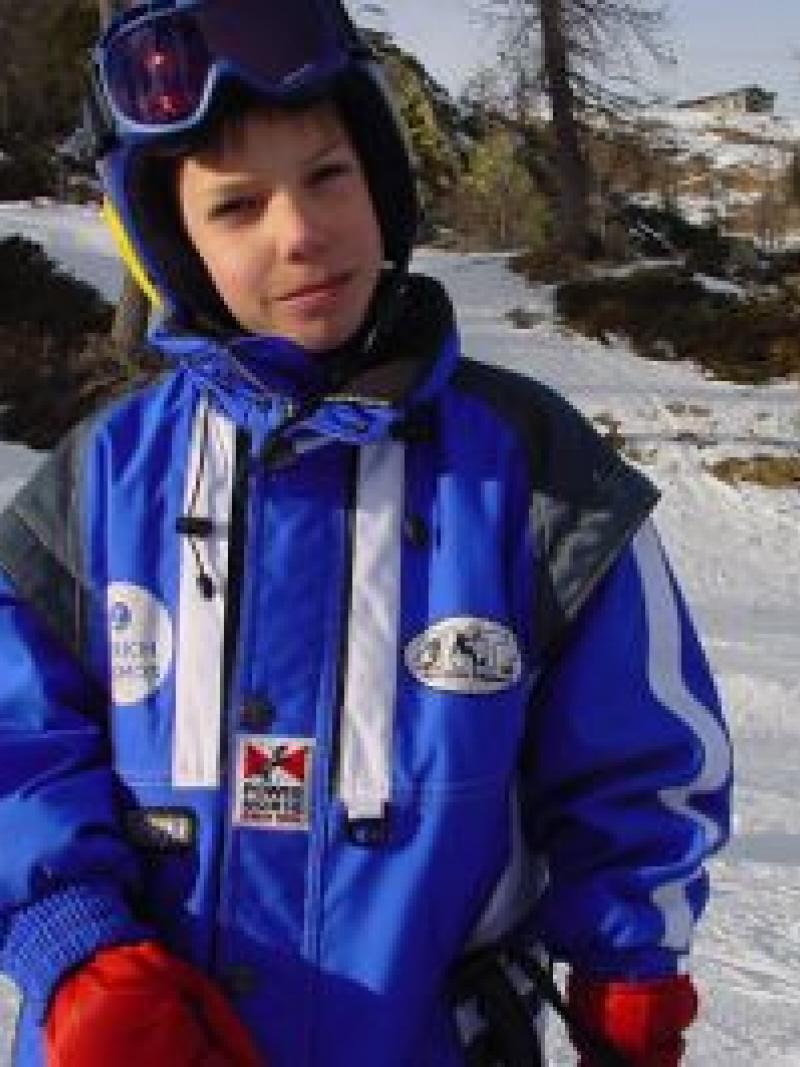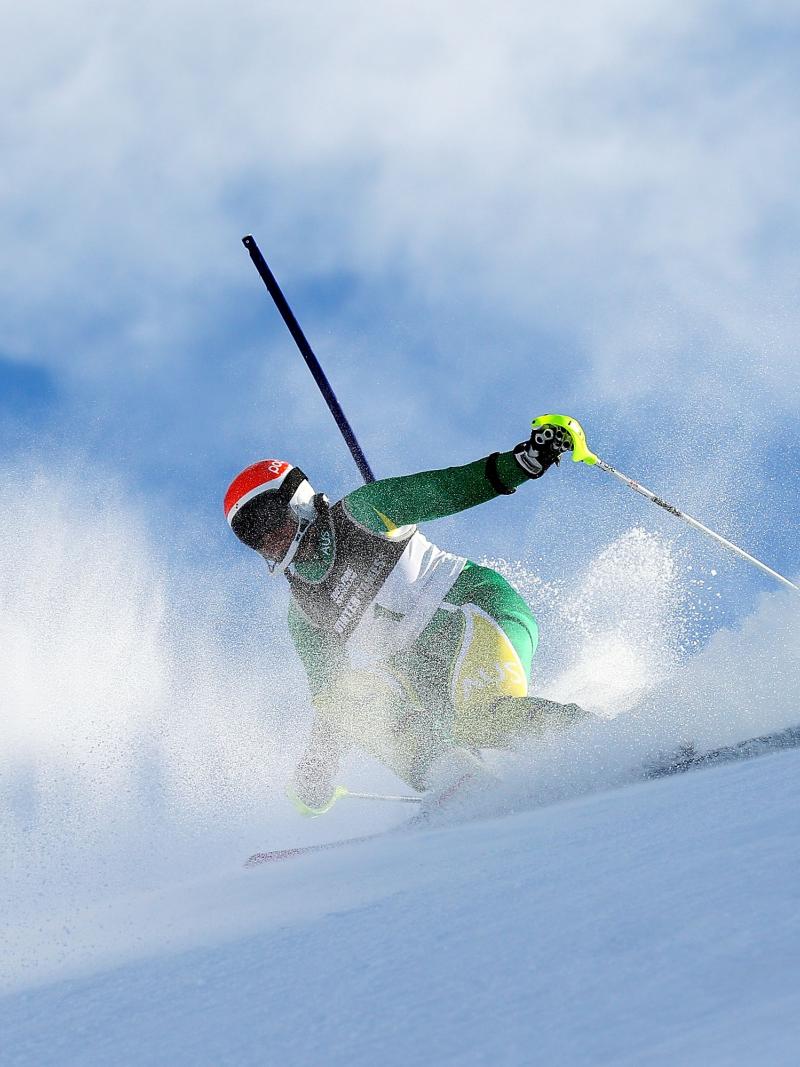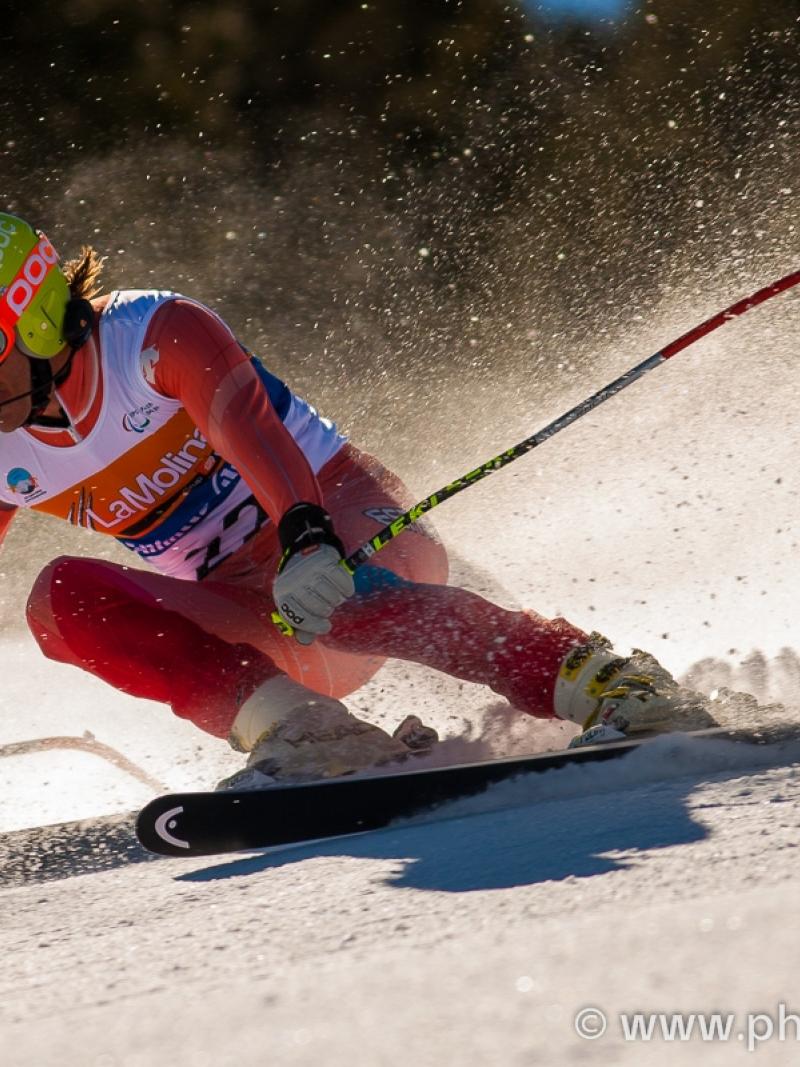Henrieta Farkasova targets five golds in Sochi
Returning from a broken wrist and ribs sustained at the 2013 World Championships, Slovakian skier Henrieta Farkasova aims to sweep the board in March. 06 Nov 2013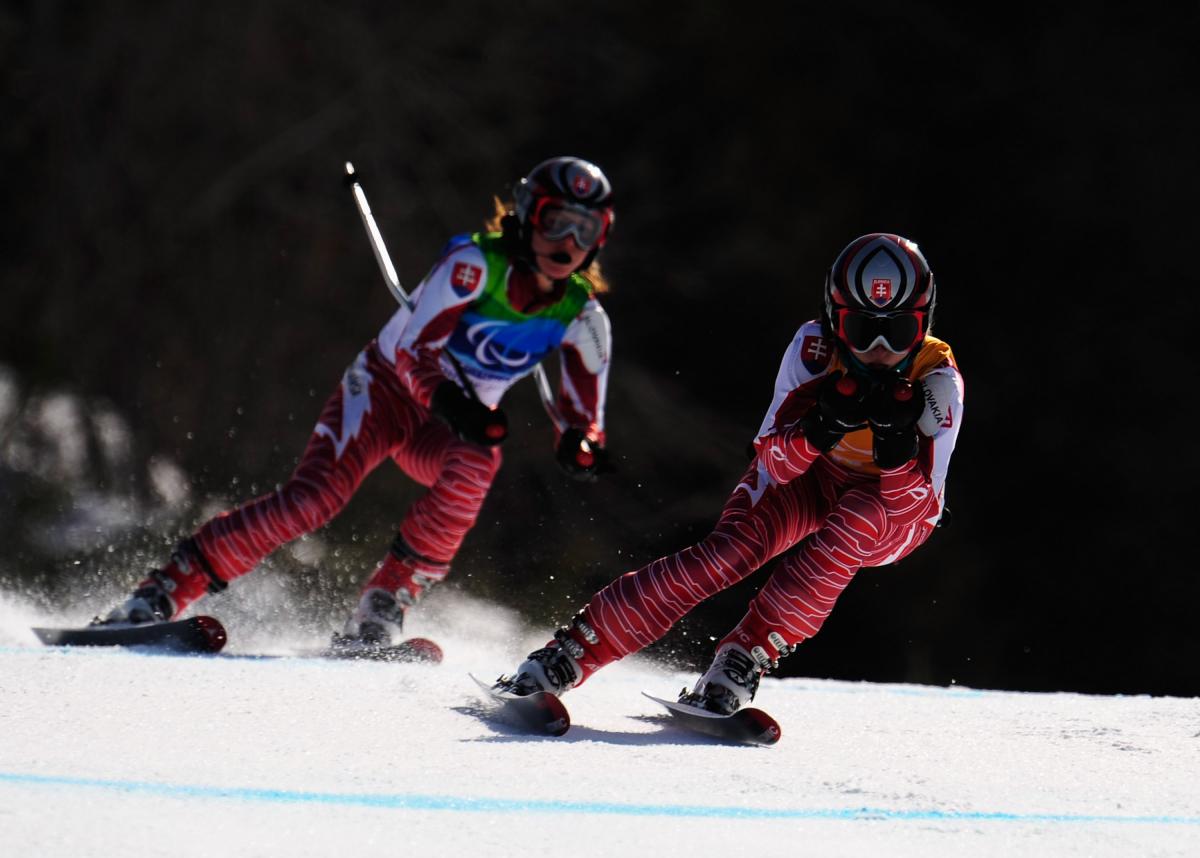
Henrieta Farkasova (AUT) also finished first in the women's giant slalom visually impiared category in Thredbo.
“I always compare myself with them and I try and beat them. Although we are good friends, there is a high level of competitiveness that pushes us and drives us to be the best even within the team."
The dream is clear for defending world champion and Sochi 2014 One to Watch Henrieta Farkasova.
The 27 year-old Slovakian plans to ski in five events at the upcoming Winter Paralympic Games in Sochi. Her objective is to return home with five gold medals in visually impaired events.
Standing in her way is Russian skier and fellow 2013 IPC Alpine Skiing World Championship gold medallist Alexandra Frantseva, who will hold home snow advantage in March 2014.
Only time will tell if experience trumps familiarity.
“This time around, I actually know what to expect,” said Farkasova of her Paralympic experience. “I think I can prepare myself better psychologically and I also know what kind of pressure I’m under.”
There’s irony in that statement, because the last time around Farkasova dominated the slopes in Vancouver in 2010. She won four medals, three of which were gold and finished fifth in the only event she didn’t reach the podium.
Still, in her eyes, there is room for improvement.
“All eyes are on those five events which I’ll be competing in,” said Farkasova. “There’s only one goal this season and that’s it.”
As the 2013-14 season gets underway, eyes were focused on Farkasova for different reasons.
She left the IPC Alpine Skiing World Championships in La Molina with two gold medals, a broken wrist and fractured ribs. Those injuries prevented her from taking part in the World Cup circuit finale, which also served as Sochi Test Event, on what will be the Paralympic course.
It also created a change in Farkasova’s summer training schedule. She spent more time off the snow, with an increased emphasis on endurance and technique.
“We focused our off-season preparation on fitness training,” Farkasova said. “After the season we took some time to relax and recover. After that I started training with my new physio-coach and fellow teammate Petra Smaržová.”
“From the technical point of view the training processes have improved drastically,” said Farkasova's guide Nataly Subrtova. “We also realize that the competition is getting stronger and tougher to beat which makes us work and train even harder.”
Slovakia’s ski program is unique in the fact that many of its training sessions are co-educational. While on-snow, Farkasova can be found training amongst some of the fastest men in the world, including comrade Martin France. She uses the guys as a measuring stick, even a secret weapon for her competitive fire.
“I always compare myself with them and I try and beat them. Although we are good friends, there is a high level of competitiveness that pushes us and drives us to be the best even within the team. That way we can improve and no one wants to be the worst.”
That drive helped Slovakia (eight gold, two silver, three bronze) find success in the first IPC Alpine Skiing World Cup event of the season in September in Australia. This included a golden performance from Farkasova, on-snow in a competitive event for the first time since her injury in La Molina.
“Overall we are very happy about how we started the new season. Australia was a great experience and we did some good training there. “
This training should continue into the 2013-14 IPC Alpine Skiing European Cup and 2013-14 IPC Alpine Skiing World Cup including the finals in Tarvisio just weeks before Sochi, all of which leads up to that ultimate goal in Russia.
“Now we will just try to keep the momentum going, but mostly it is all going to be about training, training and training until Sochi comes.”




-Mark-Kolbe-Getty.jpg)
